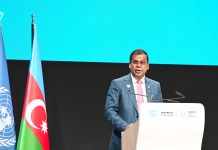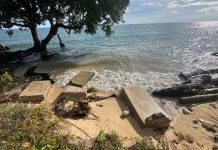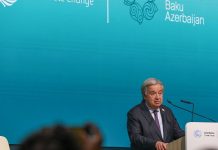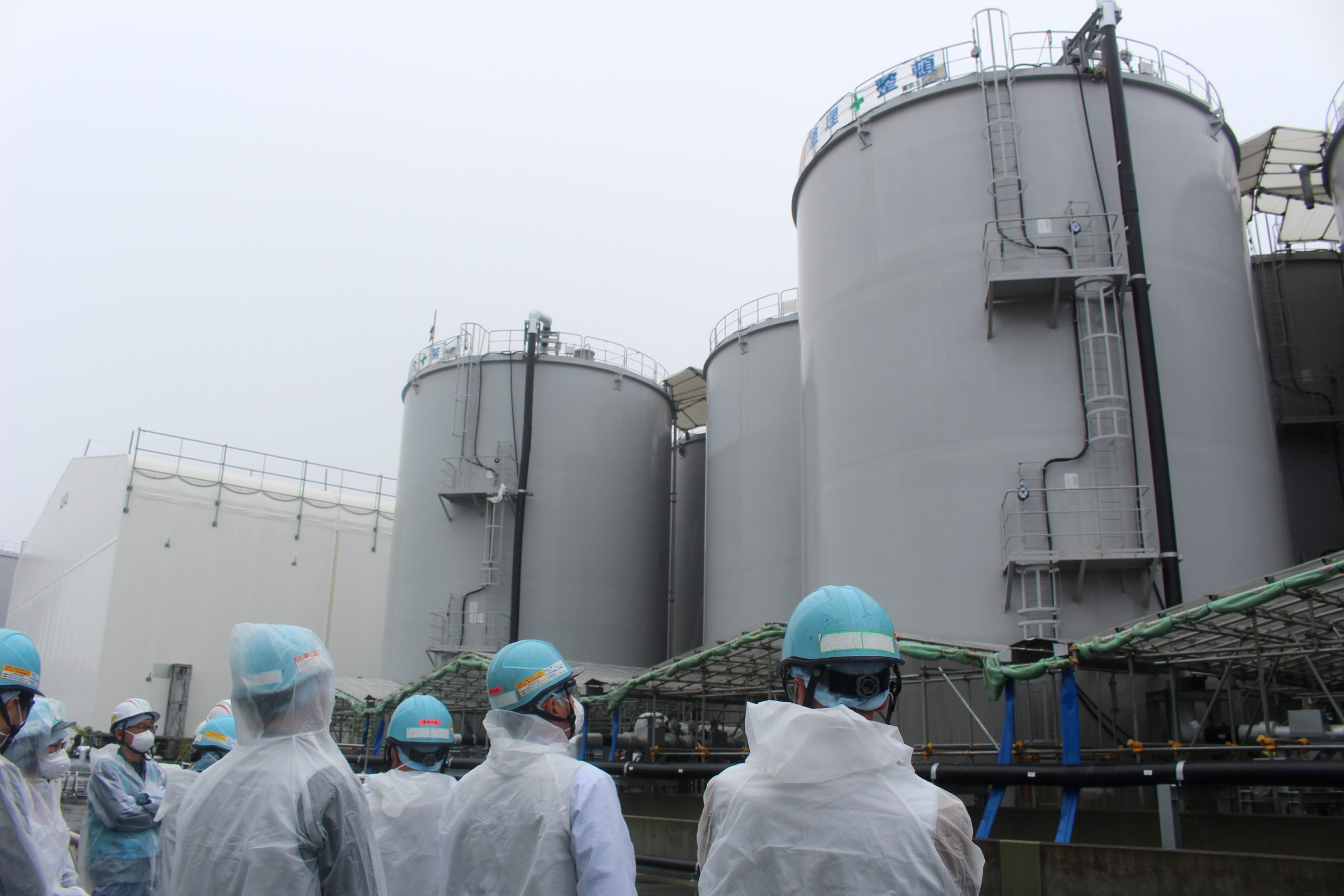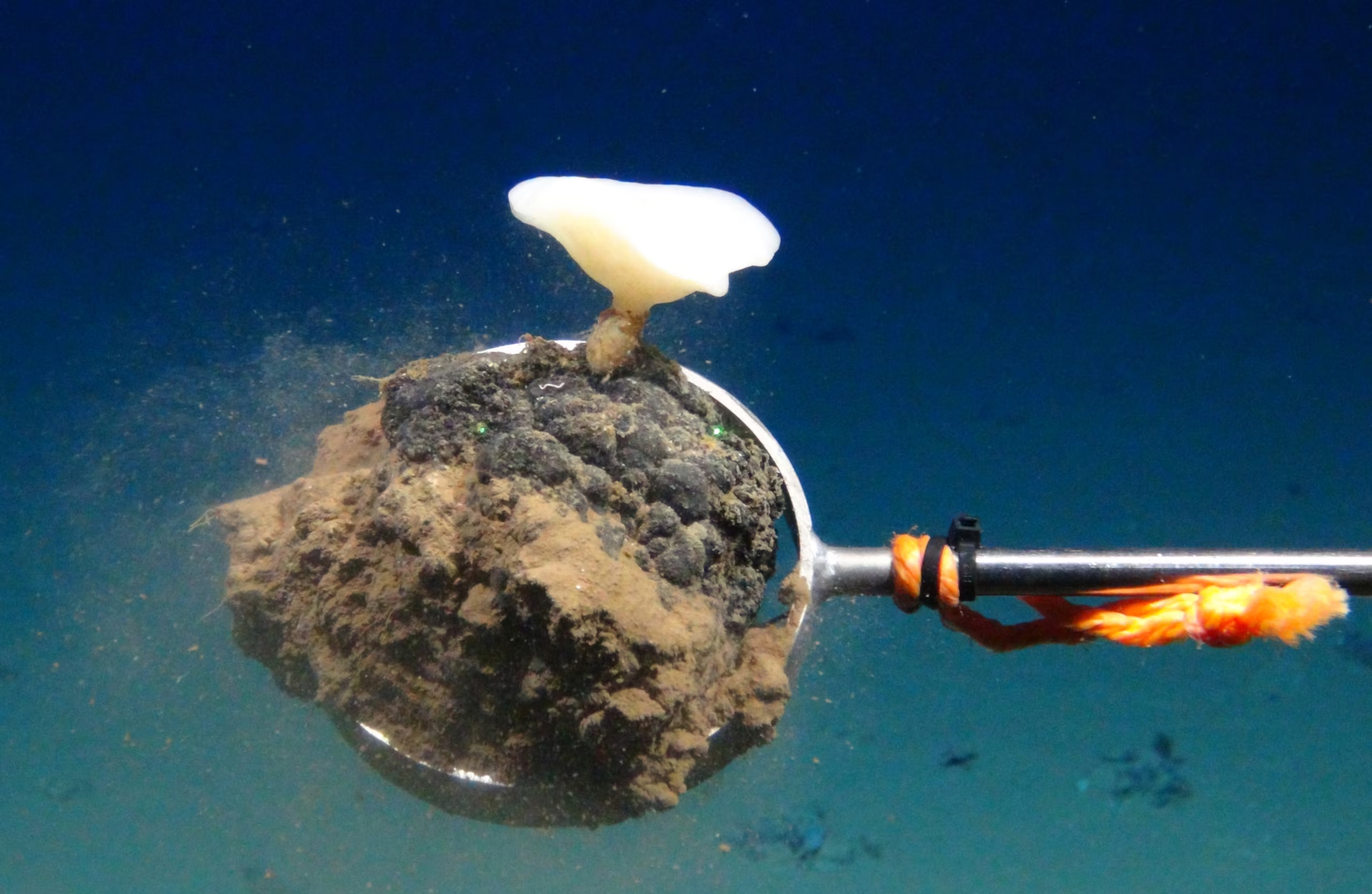Japan’s plan to discharge nuclear contaminated water from the crippled Fukushima Daiichi Nuclear Power Plant into the ocean poses unacceptable risks, according to an observer from the Malaysian Chinese Association (MCA).
The release of contaminated water will severely impact various parts of the Pacific, including countries of the Association of Southeast Asian Nations (ASEAN) which depend on fisheries, both for domestic consumption and export, MCA International Communication and Diplomacy Bureau Deputy Chairman Neow Choo Seong said recently.
The contamination of the fisheries sector would be especially harmful, not only in terms of harm done to human health as a result of exposure, especially via seafood contaminated with heavy metals, but also would harm the region economically as tourists would stay away over negative perceptions and real risks while exports of seafood would grind to a stop, he warned.
“There is no limit to the movement of ocean currents plus the marine life that constantly migrates, this radioactive wastewater may spread to the neighboring countries and wider sea waters across the region, including those global major seafood exporting countries like China, Vietnam, and Thailand. Hence, it will certainly contaminate the marine life, and food chain, and pose a long-term threat to our public health,” Neow noted.
Neow suggested that Malaysia should use its voice and leverage within ASEAN as well as other multilateral platforms such as the United Nations to raise the issue and make it clear to Japan that many nations are against its unilateral move and the lack of transparency surrounding it.
“The lack of transparency over this unilateral decision has raised concerns among the international community and strong reactions from the neighboring countries, international organisations, civil societies, as well as the fishermen communities in the region,” he said.
“As one of ASEAN founding members, Malaysia can play a leading role through this regional platform, as well as other multilateral platforms such as the United Nations to voice our concern and urge Japan not to go ahead, until it is proven to be safe environmentally and scientifically,” he added.
Japan plans to dump some 1.3 million tonnes of wastewater from its Fukushima Daiichi Nuclear Power Plant which suffered catastrophic damage during an earthquake in 2011. It has built an underwater tunnel stretching from its coast into the Pacific for the purpose.
Neow also urged Japan to drop its hypocritical approach to the issue, urging Japan to “lead by example” and use the wastewater for its own domestic consumption if it is indeed safe as claimed.
Despite ongoing opposition from within the country and abroad, Japan has been rushing to carry out its plan to dump radioactive wastewater into the Pacific Ocean, causing growing anger and stoking fears among the global community.
Japan’s Chief Cabinet Secretary Hirokazu Matsuno said on Monday that the country will not change its plan to discharge Fukushima nuclear contaminated water in the summer, local media outlet Jiji Press reported.
On the same day, Yonhap News Agency reported that South Korea will ban seafood imports from Japan’s Fukushima until people are no longer worried about it.
South Korea’s main opposition Democratic Party (DP) held a rally in central Seoul on Saturday to oppose Japan’s discharge plan and urge the government to make clear its opposition to Japan’s plan. According to the DP, nearly 100,000 people took part in the rally.
The head of the Fukushima fisheries federation has again expressed opposition to Japan’s Fukushima water discharge plan, local media reported on 28 June.
During a meeting on Tuesday with the plant’s operator Tokyo Electric Power Company (TEPCO), Tetsu Nozaki said the government and TEPCO had told the prefectural fisheries federation eight years ago that they would not dispose of the wastewater without gaining the understanding of the parties involved, public broadcaster NHK reported.
The fisherfolk have not endorsed the government and TEPCO’s explanations about the discharge plan, Nozaki noted.
Secretary-General Henry Puna of the Pacific Islands Forum (PIF) warned in a statement last month that Japan’s plan to dump nuclear wastewater into the sea “is not merely a nuclear safety issue. It is rather a nuclear legacy issue, an ocean, fisheries, environment, biodiversity, climate change and health issue with the future of our children and future generations at stake.”
Leaders from multiple Pacific Island countries have urged Japan “to store or dump their nuclear waste in their home countries rather than storing or dumping them in the Pacific,” the statement said, adding that people from the Pacific island countries have gained nothing from Japan’s plans, which puts future generations at great risk.
SOURCE: CGTN/PACNEWS



